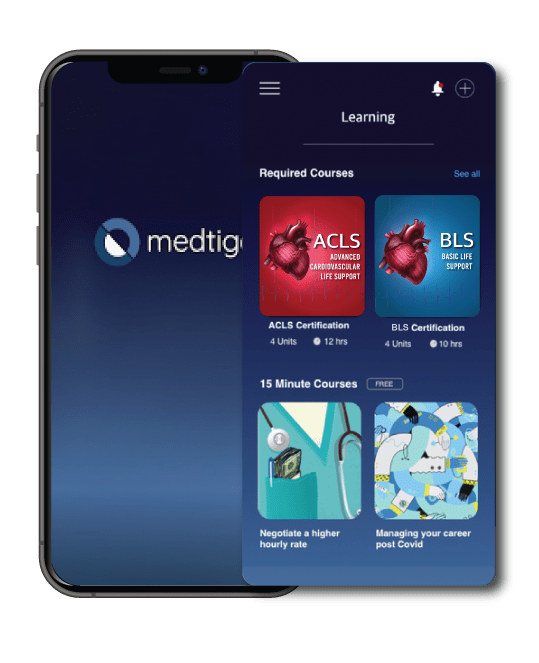
The Make America Healthy Again (MAHA) movement has attracted attention not only for its public health objectives, but also for the way it frames health and disease in its language. Advocates from the disability and chronic illness communities have expressed concerns that the Make America Healthy Again movement constructs health in stigmatizing ways, often shifting blame onto individuals rather than acknowledging structural, systemic, and hereditary causes of illness. His framing suggests that health outcomes are solely the result of personal choices, ignoring broader determinants.
A researcher observed that emphasizing personal responsibility for health risks reflects Ulrich Beck’s notion of the individualization of risk, which minimizes institutional accountability. From the Soviet Union’s history came examples of individuals shouldering the blame for health problems related to nuclear exposure based on lifestyle factors rather than systemic failures.
The MAHA Commission’s report from May 2025 refers to the increase in childhood conditions related to diet, chemicals, medications, and lifestyle, suggesting that these conditions are preventable. They fail to consider systemic issues of access to adequate nutrition, pollution, access to healthcare, and, importantly, do not consider the scientific consensus that genes play a significant role in conditions such as autism. The implication that incurable chronic conditions such as autism could be avoided through different lifestyle and environmental decisions is deeply misleading.
First, such claims misrepresent the science. Autism arises from complex interactions between genetic and environmental factors, not solely through a person’s lifestyle. Second, while the Trump administration and Robert F. Kennedy Jr. cut tens of millions of dollars in autism research, including environmental research, they shifted to a new paradigm that minimizes clarity on its evaluation process. This created a contradiction between rhetoric on prevention and actual research funding.
The broader concern is that this framing could justify scaling back federal support programs such as Medicaid, which are essential for people with disabilities and their families. Medicaid is a critical program that people with disabilities and their families rely on. The government may say that since the problems are so preventable, very few resources are needed for long-term support. This comes at a cost, the greatest cost going to families (many of whom cannot afford services and therapies). It also puts strain on networks of essential peer physicians, therapists, and doctors who serve people with disabilities.
Another concerning implication is the classification of autism as “damage” caused by environmental factors rather than as a form of neurodiversity within the human condition. This carries echoes of eugenic discourses about who is “fit” to contribute to society. In addition, Kennedy has reinforced these ideas by questioning whether autistic individuals can make meaningful contributions to work, culture, and civic life.
Ironically, while the MAHA Commission promotes goals such as healthier children, better diets, and cleaner environments, its language reveals deeper motivations. By failing to recognize systemic barriers, placing the responsibility on individuals, and ignoring credible scientific evidence, which suggests that their approach could undermine support systems, marginalize already vulnerable communities, and reshape public policy in a negative way that harms rather than improves public health.
References: Megan Donelson. How federal officials talk about health is shifting in troubling ways – and that change makes me worried for my autistic child. Published August 25, 2025. Accessed August 26, 2025. How federal officials talk about health is shifting in troubling ways – and that change makes me worried for my autistic child














